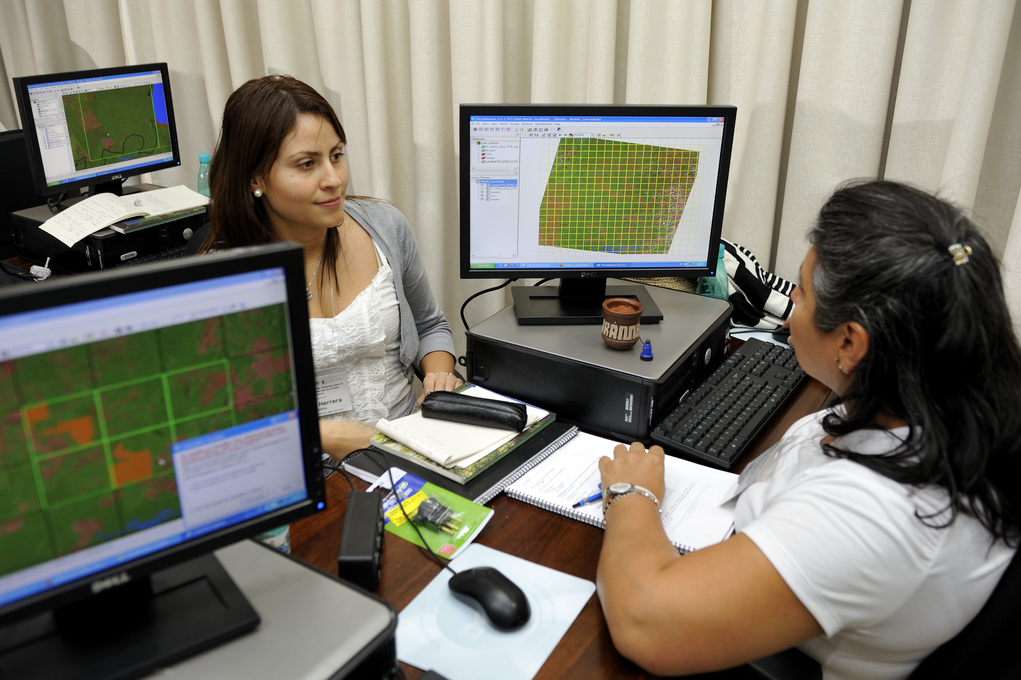Urban development Urban climate finance
Use of geographic information systems for monitoring land use in Belém, Brazil
Many cities lack the financial means to plan and implement sustainable urban development processes. They are often dependent on national funding allocations as their own revenue is insufficient and they have no access to financial markets. Small and medium-sized cities in particular have difficulty attracting investors.
Cities are growing particularly fast in developing countries and emerging economies in Asia and Africa. At the same time, these regions are particularly heavily affected by climate change, and need to shape their development in a way that is sustainable and resilient. It is estimated that expanding and adapting the necessary infrastructure requires between 4.5 and 5.4 billion US dollars a year. There is currently estimated to be an annual investment shortfall of around one billion US dollars.
As part of bilateral projects, the Federal Ministry for Economic Cooperation and Development (BMZ) is assisting cities in creating their own development strategies and increasing their own revenue. The BMZ has also been involved for many years in international initiatives and alliances that support cities in financing their own measures. Germany is a member and main donor of the Cities Climate Finance Leadership Alliance (External link) (CCFLA), a major financer of the City Climate Finance Gap Fund (External link), and supports the Covenant of Mayors in Sub-Saharan Africa (External link) (CoM SSA). The BMZ also assists urban administrations in the Global South in developing and funding climate-related infrastructure projects as part of the C40 Cities Finance Facility (External link) (CFF) multi-donor partnership.
As at: 15/04/2024


